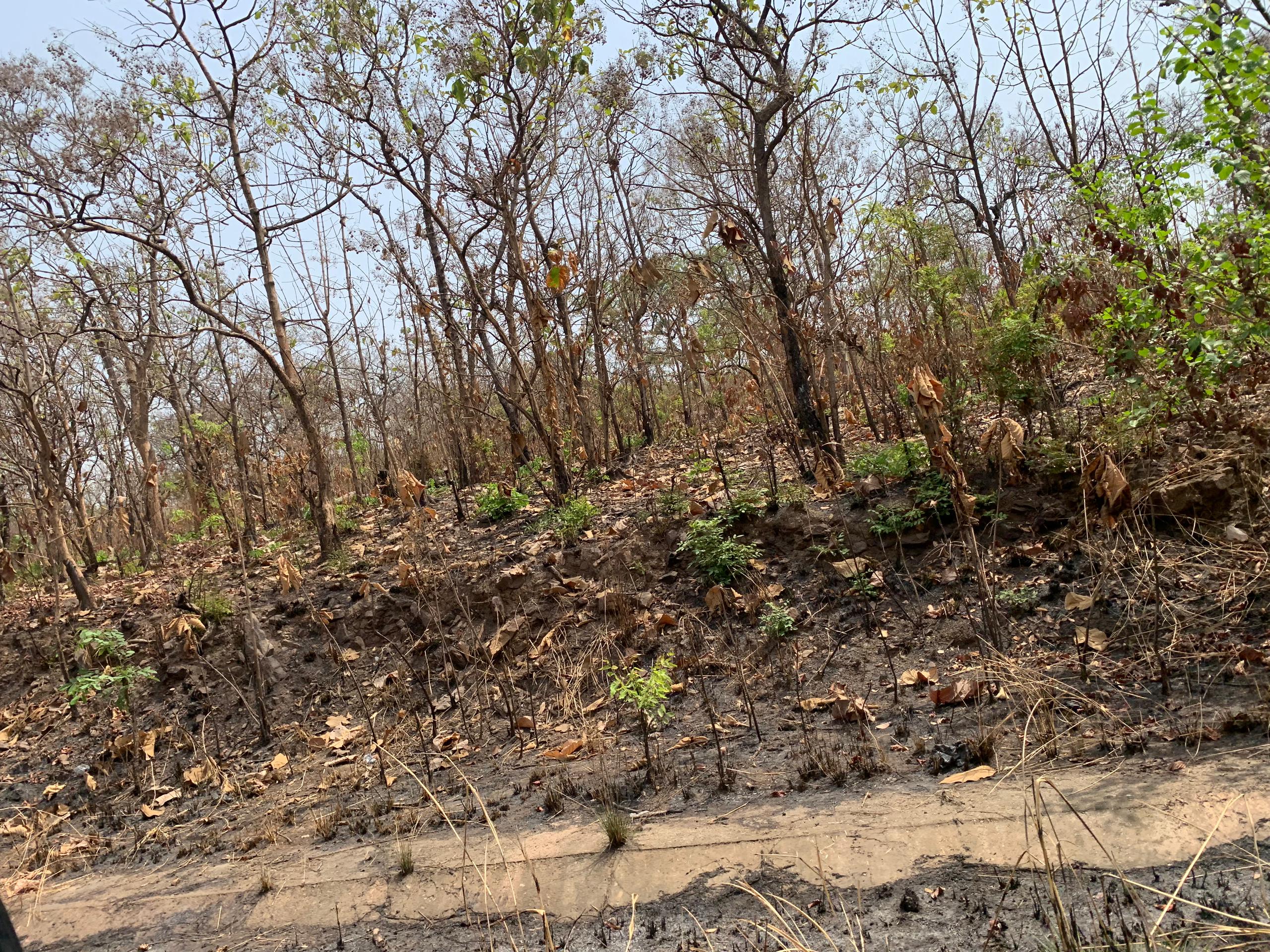
The devastating effects of bushfires in Ghana can never be underestimated. Bushfires are experienced nationwide regularly, especially between December, January, and February every year. These are necessitated either by dry weather conditions or anthropogenic activities such as slash and burn in farmland preparation, actions of palm wine tappers, hunters (known in Ghana as Kyenokyeno), leftover fires used in cooking in farmlands, burning of household waste near vegetation, and intentional and unintentional burning of weeds at roadsides.
Least do people appreciate or mention the menace created by bushfires to wildlife species, natural ecosystems, and even livelihoods. Do we want to wait until most species are classified as extinct in Ghana due to bushfires, and how are we prepared to sustain the livelihoods of the marginalized communities who are constantly subjected to wildfires? Quite recently, the Atebubu Municipal Assembly in the Bono East region of Ghana reported that over 170 farmlands have been ravaged by bushfires, posing a larger threat to livelihoods, species, and even the government’s flagship agricultural projects like Planting for Food and Jobs. This is just to mention a few such recorded cases. In the Ashanti region alone, from 2001 to 2022, the region recorded the highest rate of tree cover loss due to fires, averaging a total of 146 ha lost per year.
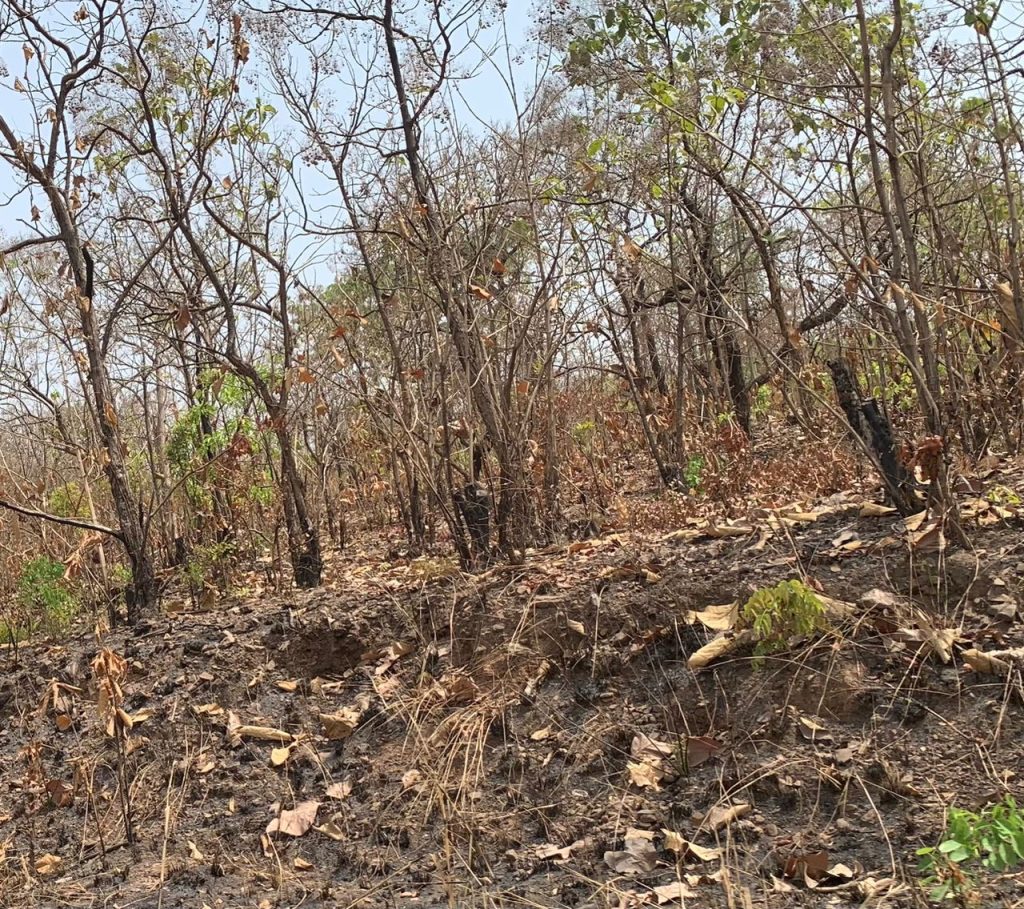
Let me explicitly explain how Global Forest Watch (GFW) satellite platforms have detected and recorded fire alerts in Ghana. According to GFW, Ghana as a country has recorded 5,987 VIIRS fire alerts since we entered 2024, with a focus on only high-confidence alerts. Relative to previous years, especially in 2020, when Ghana recorded 15,030 fire alerts, this year’s record is minimal but not sustainable. The accumulation of bushfire alerts from March 2021 to February 2024 yields a total of 143,243 VIIRS fire alerts. Isn’t this alarming already?
Now, let me focus on what we are experiencing in Ghana this year due to uncontrolled bushfires. In the last four weeks of 2024, the Upper East region has been the region with the most significant fire alerts (25), which represents 2.2% of all alerts detected. Per statistics, this is higher than the number of alerts detected during the same period dating back to 2012.
There are several hanging unanswered questions in our quest to provide permanent solutions to bushfires in Ghana. Who is responsible for these bushfires? Who controls the actions of the culprits of bushfires? What’s the role of CSOs and NGOs in sensitizing communities towards a bushfire-free environment? Are the government institutions delivering on their core mandates?
Although there are certain CSOs providing fire training for communities and forming community fire brigades against bushfires,. To ensure the effectiveness of these activities, there should be a conscious effort by communities to embrace the various concepts of eradicating bushfires. Quite recently, the Ghana National Fire Service (GNFS) inaugurated a 50-community fire volunteer contingent at Kpone in Greater Accra. These volunteers are equipped with the skills and tools to manage minor fire incidents that occur in communities. According to Ghana News Agency, a total of 5,656 fire volunteers have been trained nationwide to undertake firefighting operations and support community resilience.
These actions and initiatives by the government and CSOs are fundamental to curbing the regular wildfires experienced in Ghana. It’s a wake-up call for all communities, stakeholders, and everyone to embrace these concepts for a BETTER GHANA.
Article by Daniel Kwaku Owusu
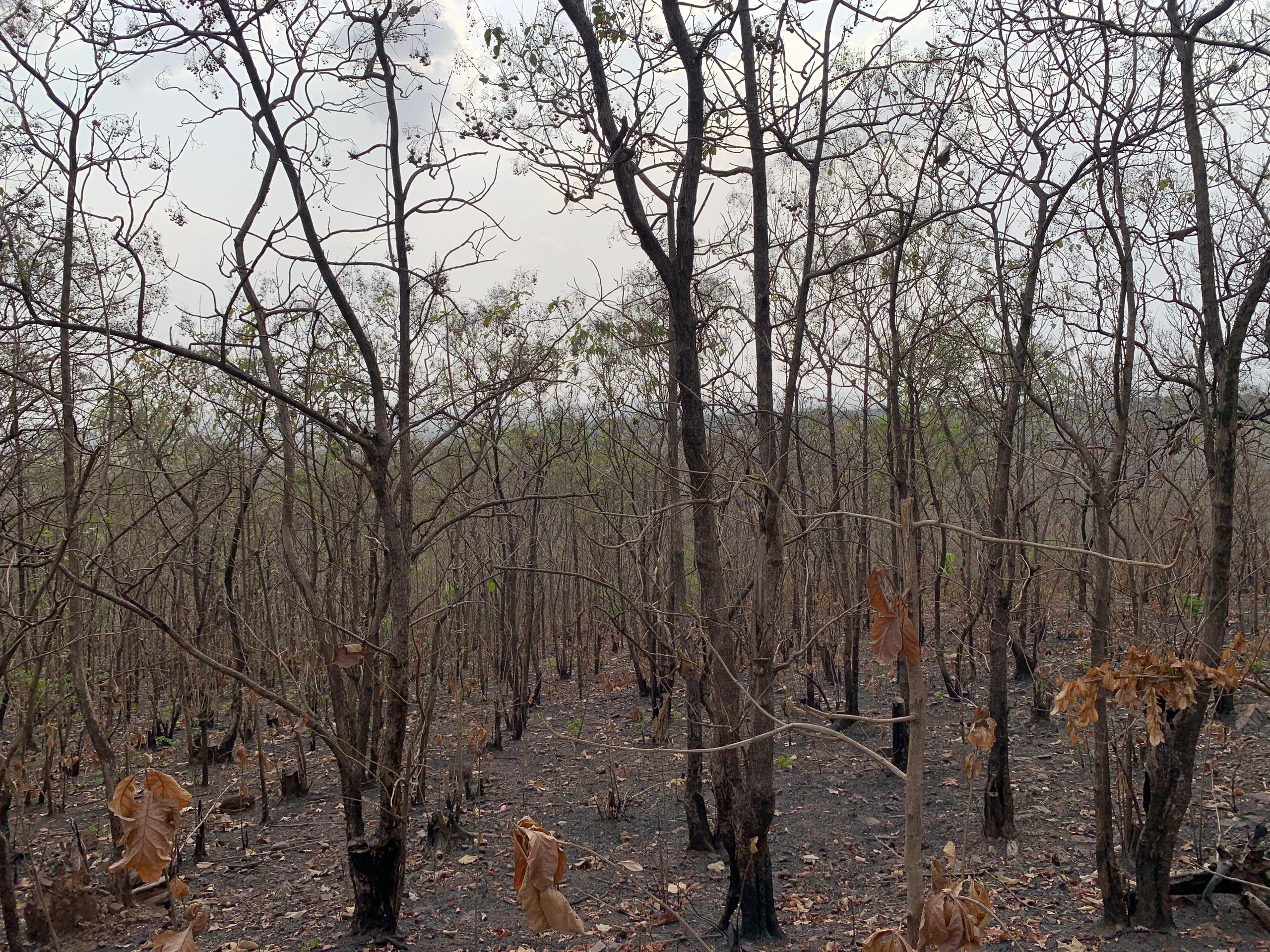
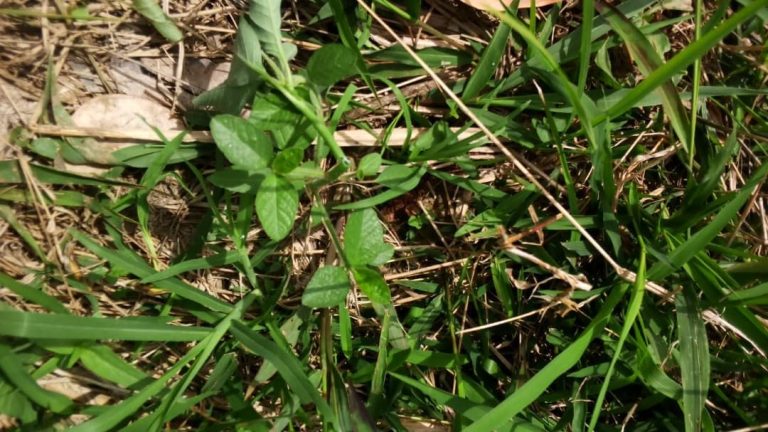

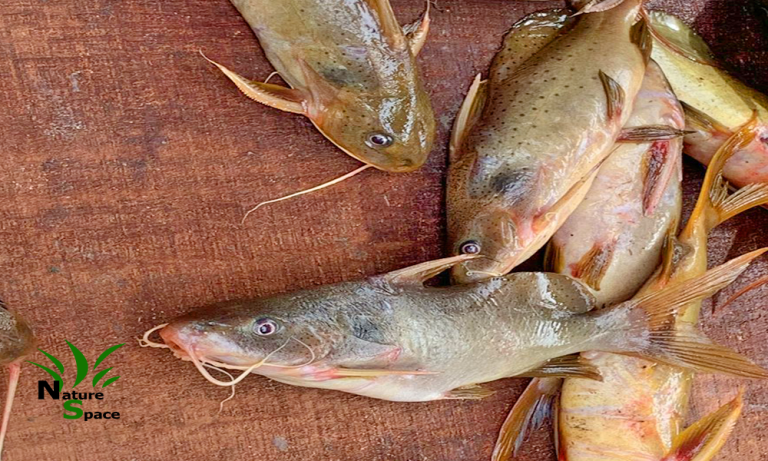
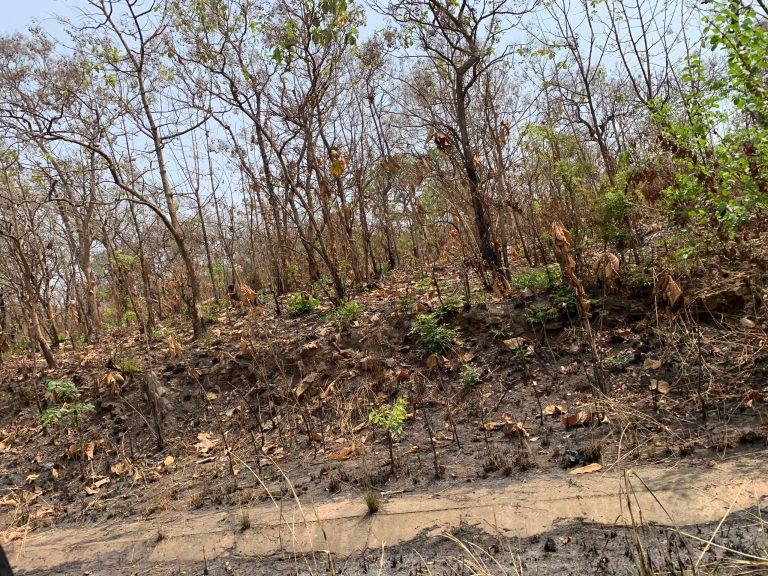
This is really heartbreaking and an eyesore
It seems no one cares about the damage going on in our environment. All our focus is on tapping the resources available in the environment for our selfish gain without thinking about the devastating effects of the methods used in acquiring those resource. We also forget that the damage done to one side of the environment transcends to other parts of the environment.
Look at what is happening today – the effects of Climate Change: High Heat Waves.
Hmmm…. I believe we are all feeling it’s impact.
Nature is definitely taking it course, because if you throw a stone to a wall, it bounces back to you.
Exactly
I think you have summarized everything in your comment. We aren’t doing anything towards solving this menace
I think we aren’t angry enough when it comes to these issues of national concerns